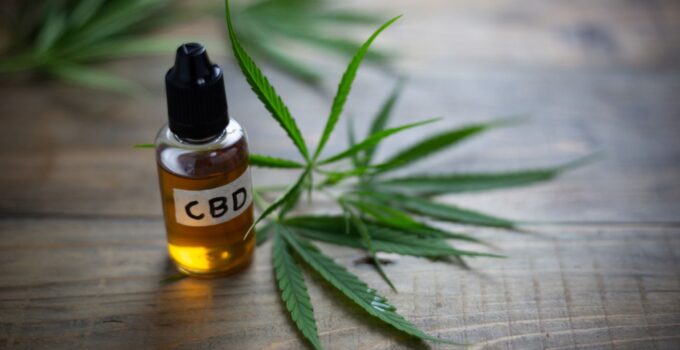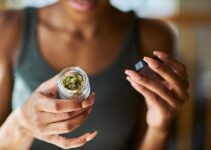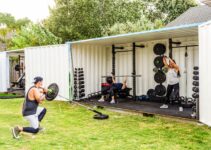Post-workout recovery plays a vital role in achieving fitness goals. While there are various methods to support recovery, one emerging tool gaining attention is CBD (cannabidiol). In this comprehensive guide, we will explore the potential benefits of CBD for recovery.
CBD, derived from hemp or cannabis plants, has unique properties that make it a promising aid in muscle recovery and pain management. By understanding CBD’s mechanisms, administration methods, and effects on recovery, you can integrate it into your post-workout routine to potentially enhance your overall wellness.
Understanding CBD: Properties and Mechanisms
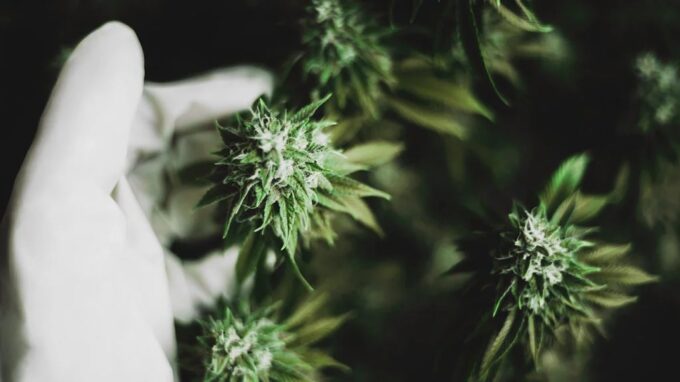
Source: medicalnewstoday.com
CBD, short for cannabidiol, is one of the many compounds found in hemp and cannabis plants. Unlike THC, CBD does not have psychoactive effects, meaning it won’t make you feel high. CBD interacts with the body’s endocannabinoid system (ECS), a complex network of receptors and enzymes that regulate various bodily functions.
Its interaction with the ECS has been linked to its anti-inflammatory and analgesic properties. By targeting cannabinoid receptors, CBD helps modulate pain perception and reduce inflammation, making it a potentially valuable tool for post-workout recovery, visit CannaHemp to know more.
CBD Sources and Administration Methods
CBD is available from different sources, including hemp-derived CBD and cannabis-derived CBD. Hemp-derived CBD contains minimal THC, making it legal and widely accessible. Cannabis-derived CBD, on the other hand, may contain higher levels of THC and is subject to legal restrictions in some regions.
CBD comes in various forms, each with its own pros and cons. CBD oil is a popular choice due to its versatility. It can be consumed sublingually, added to food or beverages, or applied topically. Other common administration methods include capsules, edibles, topicals, and tinctures. Choosing the right method depends on factors such as bioavailability, desired onset of effects, and personal preferences.
The Effects of CBD on Post-Workout Recovery
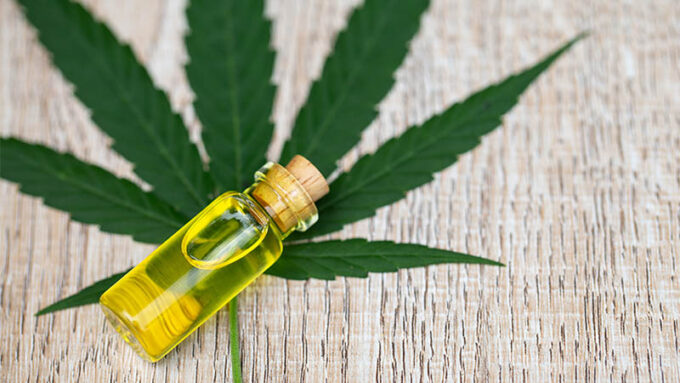
Source: nm.org
After an intense workout session, your muscles need time to recover and rebuild. This is where CBD (cannabidiol) comes into the picture, offering potential benefits for post-workout recovery. CBD’s unique properties make it a compelling option for athletes and fitness enthusiasts looking to enhance their recovery process.
Promoting Muscle Recovery
One of the key benefits of CBD for post-workout recovery is its potential to promote muscle recovery. Intense exercise can lead to muscle soreness and damage, but CBD may help mitigate these effects. Research suggests that CBD’s anti-inflammatory properties may reduce muscle soreness and aid in faster recovery.
A study published in the Journal of Experimental Medicine found that CBD reduced inflammation and promoted the regeneration of muscle cells in animal models. By reducing oxidative stress and modulating the immune response, CBD may support muscle repair and reduce recovery time.
Managing Exercise-Induced Inflammation
Exercise-induced inflammation can hinder recovery and lead to long-term damage if not properly managed. CBD’s anti-inflammatory properties make it an intriguing option for athletes seeking natural relief. Several studies have shown that CBD can suppress inflammatory responses in various tissues and cell types.
Research published in the European Journal of Pain explored CBD’s effects on arthritis-related inflammation in animal models. The study found that CBD reduced inflammation and protected against joint pain. While more research is needed to understand CBD’s specific effects on exercise-induced inflammation, these preliminary findings are promising.
Enhancing Sleep Quality
Quality sleep is crucial for post-workout recovery, as it allows the body to repair and regenerate. CBD may play a role in improving sleep quality by reducing anxiety and promoting relaxation. Anxiety and stress can disrupt sleep patterns, but CBD’s interaction with the ECS may help regulate these factors.
A study in The Permanente Journal examined the effects of CBD on sleep and anxiety in individuals with insomnia. The results showed that CBD significantly improved sleep scores and reduced anxiety levels. By promoting more restful sleep, CBD may contribute to overall recovery and optimize performance.
Integrating CBD Into Your Post-Workout Regimen
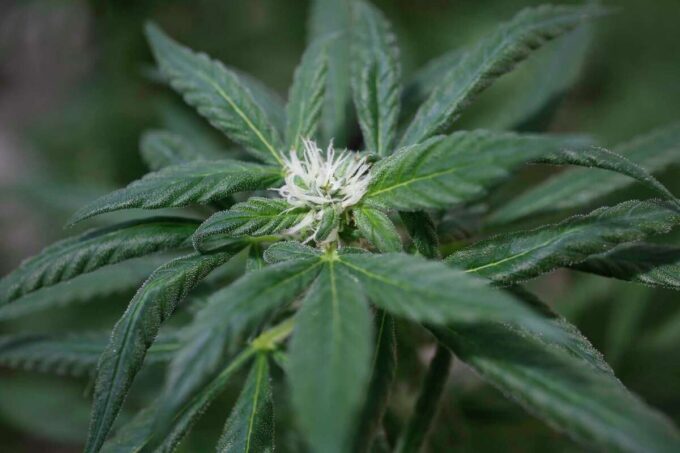
Source: ctinsider.com
Integrating CBD into your post-workout routine can be a seamless process with a few practical steps:
- Start with Research – Educate yourself about CBD, its potential benefits, and the latest scientific findings. Stay informed about reputable sources and trusted brands. Look for third-party lab testing to ensure product quality and consistency.
- Consult a Healthcare Professional – Before incorporating CBD into your routine, it’s essential to consult with a healthcare professional, especially if you have any underlying health conditions or are taking medications. They can provide personalized advice based on your specific circumstances.
- Choose the Right CBD Product – Consider your preferences, lifestyle, and recovery needs when selecting a CBD product. CBD oil is a versatile option that can be consumed orally or applied topically. Other CBD products for recovery like capsules, edibles, topicals, or tinctures offer convenience and ease of use.
- Determine Optimal Dosage – CBD dosage varies from person to person. It’s advisable to start with a low dose and gradually increase it until you achieve the desired effects. It’s recommended to follow the product’s instructions and consult with a healthcare professional for dosage guidance.
- Timing and Consistency – Determine the best time to incorporate CBD into your post-workout routine. Some prefer taking it immediately after exercise to maximize its effects on recovery. Consistency is key, so establish a regular schedule for CBD consumption to maintain a steady presence in your system.
- Combine with Other Recovery Practices – CBD can complement other recovery practices such as proper nutrition, hydration, stretching, and rest. Utilize a holistic approach to optimize your post-workout recovery and overall well-being.
Staying Informed and Ensuring Safety
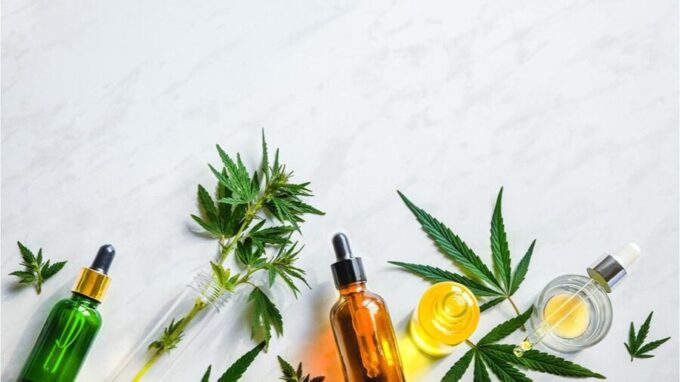
Source: forbes.com
As the field of CBD research evolves, it’s important to stay informed about emerging studies, evolving regulations, and safety considerations. Here are some key points to keep in mind:
- Ongoing Research – CBD research is still in its early stages, and new findings are constantly emerging. Stay updated on the latest scientific studies and evidence regarding CBD’s effects on post-workout recovery.
- Safety Considerations – While CBD is generally well-tolerated, it’s essential to be aware of potential side effects such as dry mouth, fatigue, and changes in appetite. Additionally, CBD may interact with certain medications, so consult with your healthcare professional if you’re taking any prescription drugs.
- Quality and Transparency – Choose reputable CBD brands that prioritize quality, transparency, and third-party lab testing. This ensures that you’re getting a reliable and accurately labeled product.
- Adhere to Legal Regulations – Understand the legal regulations regarding CBD in your region to ensure compliance with local laws and regulations.
CBD holds promise as a tool to enhance post-workout recovery. With its anti-inflammatory, analgesic, and potential sleep-enhancing properties, CBD can potentially promote faster muscle recovery, ease exercise-induced inflammation, and contribute to overall well-being. By understanding CBD’s properties, administration methods, and effects on recovery, you can make informed decisions about incorporating it into your post-workout regimen.
Research is ongoing, and it’s crucial to stay informed about emerging scientific evidence, evolving regulations, and safety considerations. CBD should be viewed as a complementary aid to a holistic approach to post-workout recovery, combined with proper nutrition, hydration, rest, and other proven recovery practices. Consult with a healthcare professional for personalized guidance and start your journey toward optimizing post-workout recovery and achieving your fitness goals.

